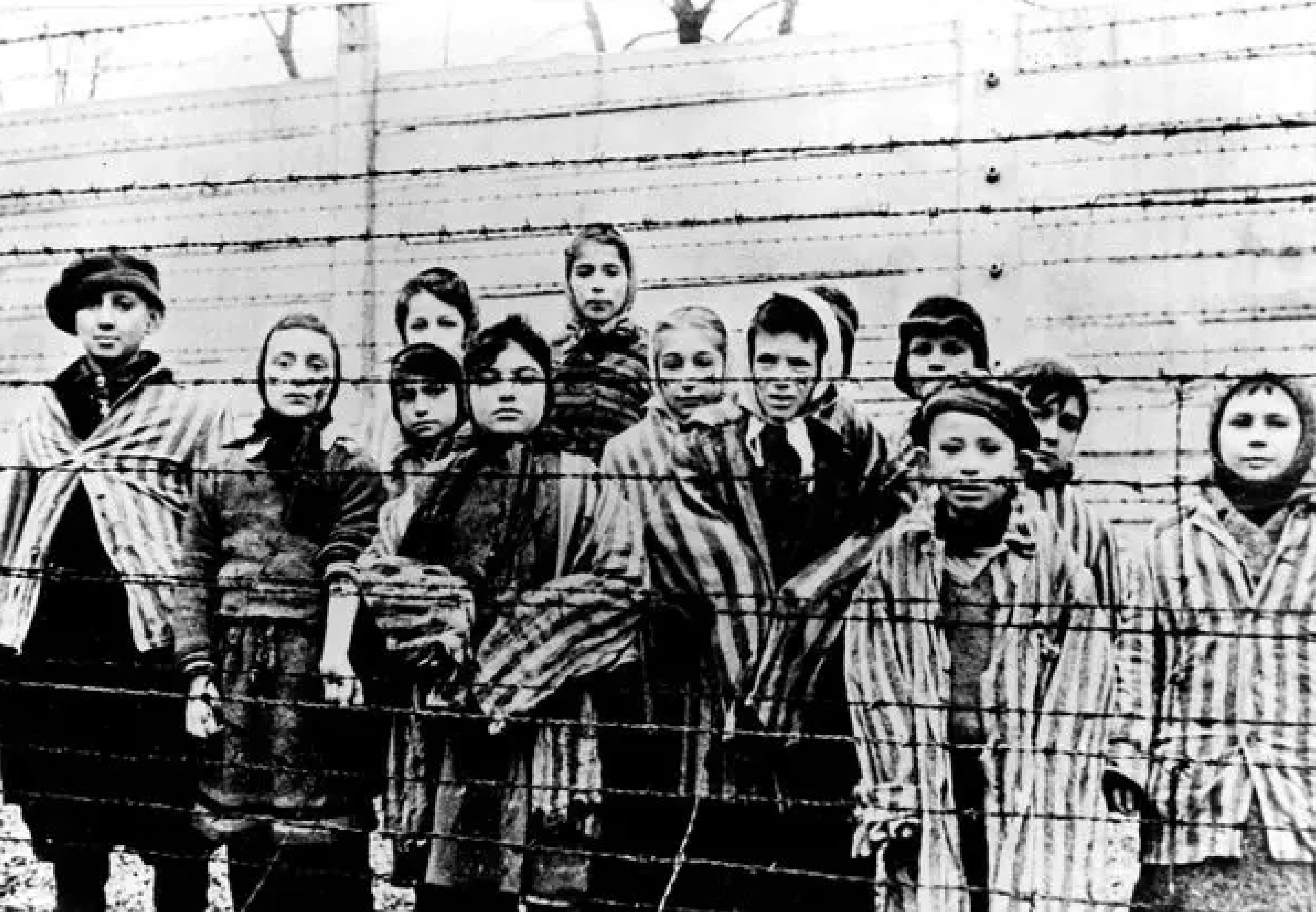Academically Approved Antisemitism
Eisgruber, Princeton’s second Jewish president and the son of a Holocaust refugee, appeared to be replying to a letter from U.S. Rep. Josh Gottheimer (D-N.J.). Gottheimer charged that the book, The Right to Maim: Debility, Capacity, Disability by Rutgers University Professor Jasbir Puar crossed “the fine line between sharing ideas and spreading hate.”
Puar, a graduate director of women’s and gender studies, held that Israeli forces shoot to main, not kill, Palestinian Arabs in order to keep them disabled and controllable. Thus, Israel allegedly conducts a “genocide in slow motion,” sometimes “mining organs” of the victims—a completely false and libelous claim.
Gottheimer said the book amounts to “antisemitic hate speech masquerading as scholarship.” Eisgruber tried to change the subject, telling a faculty meeting that “academic freedom protects your right to decide what to teach and how to teach it. That right, like the right to free speech on campus, is very broad indeed, and we will protect it.”
This is nonsense. Puar is not a scholar but a Palestinian nationalist charlatan. As such, she cannot claim the protections of academic freedom.
L’affaire Puar is not new. As this writer noted five years ago in Jews Make the Best Demons: ‘Palestine’ and the Jewish Question, Puar made similar claims in a 2016 speech at Vassar. Asking that the talk not be recorded, she exhorted students to support anti-Israel boycotts as a form of “armed resistance.” Implicitly likening Israelis to Nazi concentration camp doctor Josef Mengele, she accused Israel of giving Palestinian Arabs “the bare minimum for survival” as part of a “medical” experiment.
Unlike Princeton’s Eisgruber, former University of California President Mark Yudof and Michigan State University professor emeritus of history Ken Walzer wrote at the time that Puar “passed on vicious lies … updating the medieval blood libel against Jews.” They noted that she “agreed with a questioner that Israeli treatment of Palestinians amounted to genocide but objected to the term itself, which she said was too ‘tethered to the Holocaust.’”
Never mind that this alleged “genocide” against the Palestinian Arabs has been remarkably ineffective, with their population booming, infant mortality dropping and life expectancy climbing since Israel took over Judea, Samaria and Gaza from Jordan and Egypt in the 1967 Six-Day War. Never mind that the group Scholars for Peace in the Middle East called Puar’s variation on the blood libel “pseudo-scholarship, with no data to back it up.”
Puar is an academic in the same way Trofim Lysenko, the infamous Soviet agronomist favored by Josef Stalin, was a scientist. Lysenko rejected orthodox genetics and probably set Russian biology back decades. But unlike Lysenko, whose influence weakened after Stalin died, Puar and her Israel-hating, antisemitic co-conspirators are going from strength to strength.
Duke University Press published The Right to Maim in 2017. Duke President Vincent Price said lamely that the book passed academic peer review. Price was right, but at least six members of the press’ editorial advisory board had signed anti-Israel, pro-BDS initiatives. There are no conceivable circumstances under which they would have rejected Puar’s screed.
Puar is just one example of a systemic problem. A recent ADL survey cited 665 campus anti-Israel incidents over this past school year, nearly double that of a year earlier. The organization described many of them as antisemitic “in intent or in effect.”
This antisemitism is barely concealed. In the Middle Ages, the Jews were accused of using Christian blood in religious rituals. To anti-Zionists like Puar, Israelis wantonly maim and kill Palestinians and harvest their organs. This is a distinction without a difference.
Earlier this year, George Washington University announced that would end its relationship with the Middle East Studies Association—long a hothouse of anti-Israel academics—which had been headquartered on campus. This was a small step forward, but if systemic antisemitism on campus is to be effectively countered, we need a great deal more.






